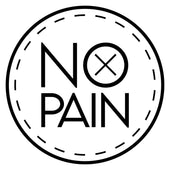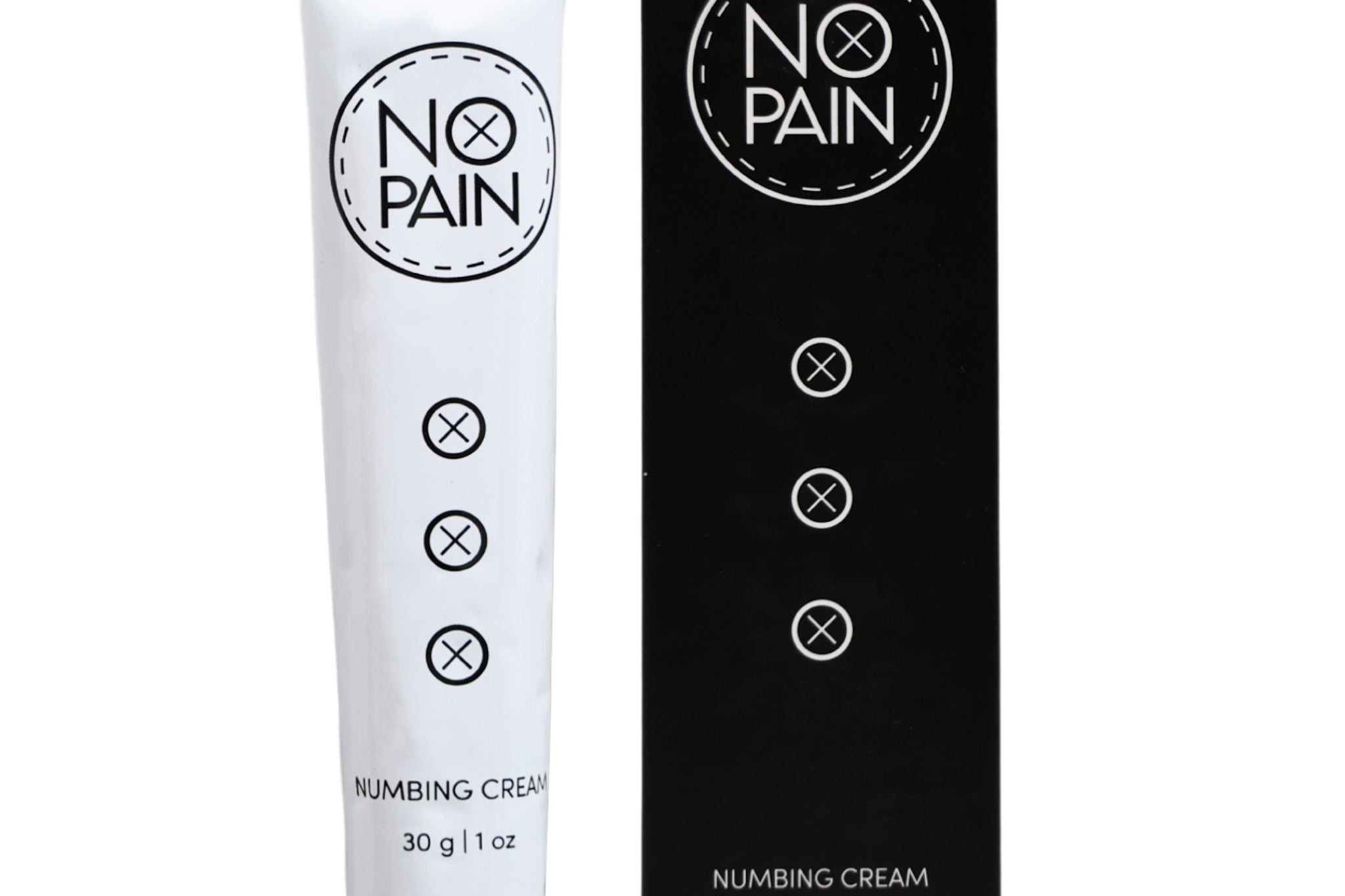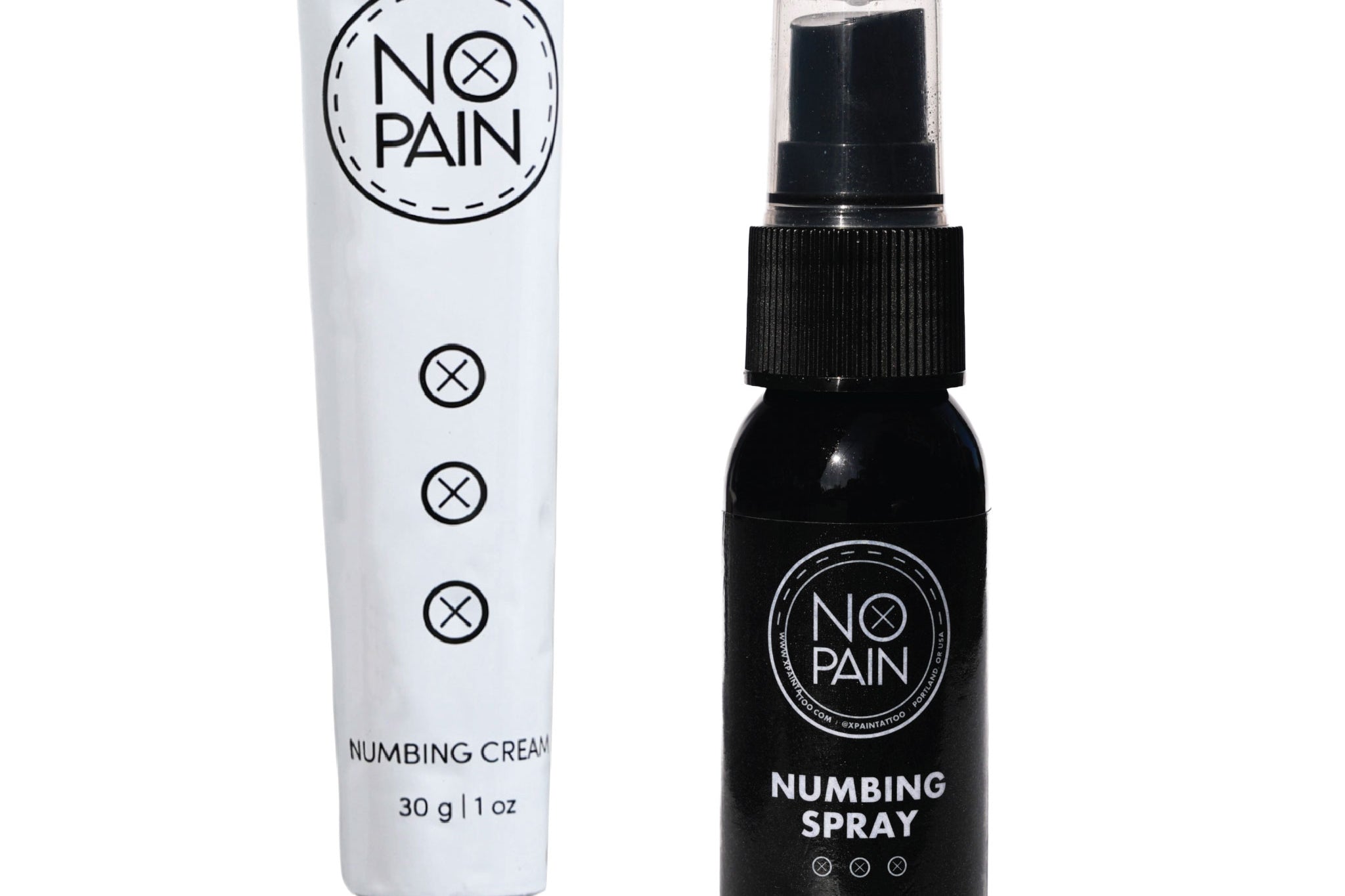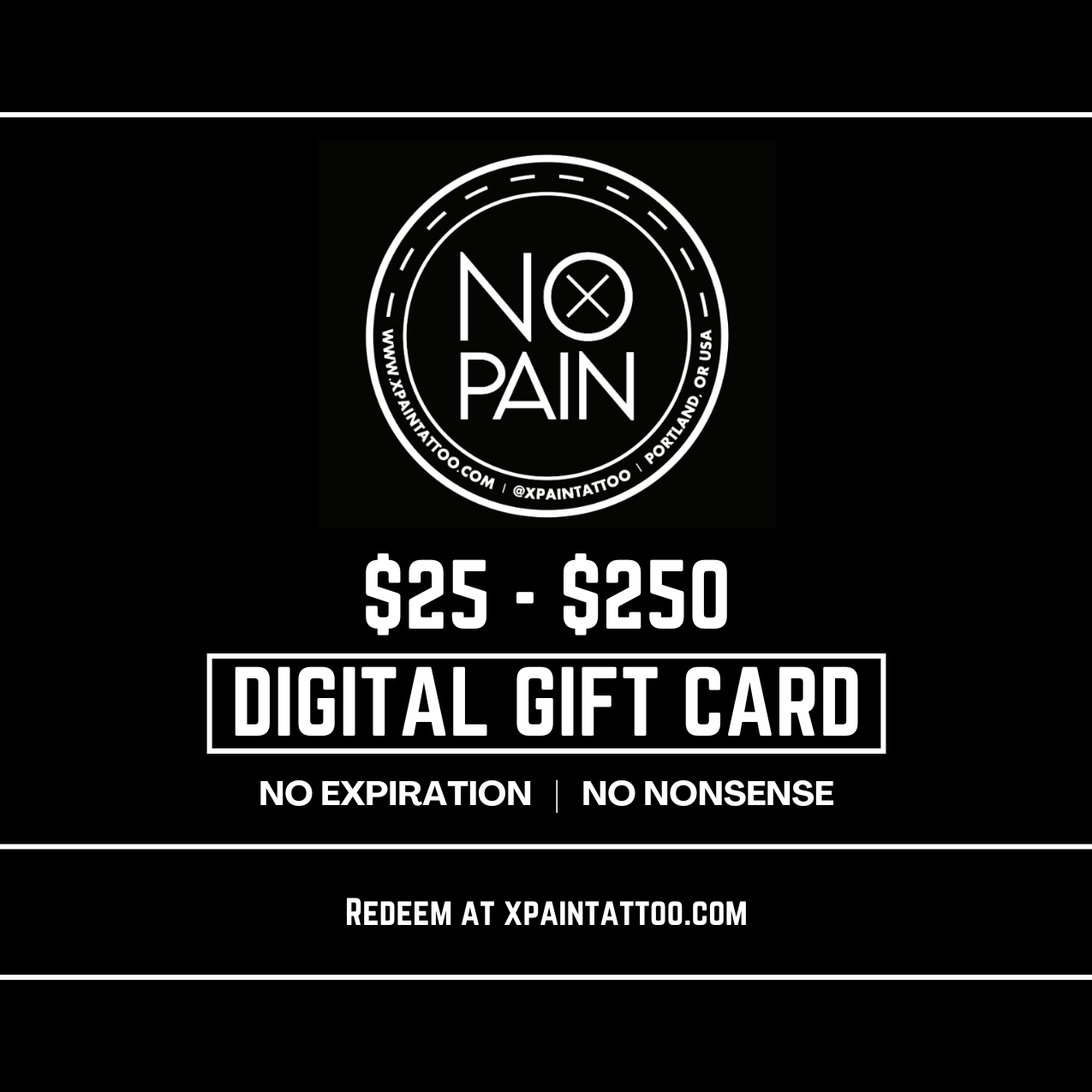It's time to relax after a long day, you casually scratch your arm over a tattoo that's been perfectly healed for years. You notice something strange—the lines of the tattoo feel raised and bumpy to the touch, and it's starting to get annoyingly itchy. It's not a new tattoo, so what's going on?
First, don't worry. This is an incredibly common phenomenon that happens to countless people with healed tattoos. In almost all cases, it is completely harmless and temporary.
This guide will break down the common triggers that cause a healed tattoo to suddenly become raised and itchy, and what you can do about it.
The #1 Culprit: A Simple Histamine Reaction
The most common reason for a healed tattoo to get puffy and itchy is a histamine reaction. This is essentially a mild, localized allergic reaction happening in your skin. It's not necessarily an allergy to the tattoo ink itself, but rather your tattooed skin reacting to an environmental or internal trigger.
Why does it happen?
Your skin is a complex organ. The areas where ink particles are permanently suspended in the dermis can sometimes be more reactive to histamines than the surrounding, un-tattooed skin. When your body's immune system releases histamines to fight what it perceives as an allergen, the tattooed area can become more inflamed than the skin around it.
Common triggers for this include:
-
Seasonal Allergies: This is a huge one. If you suffer from hay fever or are allergic to pollen, you've probably noticed your tattoos get particularly itchy during high-pollen seasons.
-
Changes in Temperature or Humidity: Sudden shifts in the weather can sometimes cause the skin to react.
-
Skin Irritants: A bug bite near your tattoo, a brush with an irritating plant, or a reaction to a new laundry detergent can cause the entire piece to become inflamed as histamines rush to the area.
-
Stress or Sickness: When your immune system is working overtime because you're stressed or fighting off a cold, it can sometimes become overactive and cause your tattoos to temporarily flare up.
How to Soothe a Raised, Itchy Healed Tattoo
While these flare-ups are usually temporary, they can be incredibly annoying. The itch can be just as intense as when the tattoo was first healing. The solutions, thankfully, are simple and effective.
-
For Immediate Relief, Use a Cooling Gel: The fastest way to stop that frustrating itch is to apply a calming, anti-inflammatory gel. Our No Pain Tattoo Soothing Gel isn't just for new tattoos. Its cooling formula provides instant relief to the inflamed, puffy skin and helps to calm the histamine reaction topically. It's a must-have in your medicine cabinet for any unexpected tattoo flare-up.
-
Keep Your Skin Moisturized: Dry skin is always itchier. Keeping your tattooed skin consistently hydrated with a nourishing product like our No Pain Tattoo Aftercare Balm keeps the skin barrier healthy and can make it less susceptible to these random irritations.
-
Try an Antihistamine: For a particularly aggressive itch, a simple over-the-counter oral antihistamine (like Benadryl or Claritin) can often calm the reaction down from the inside.
When Should You Be Concerned?
In 99% of cases, a raised and itchy healed tattoo will calm down on its own within a few hours to a couple of days. However, if the reaction is extremely severe, painful, lasts for more than a few days, or is accompanied by blisters or weeping, it's a good idea to check in with a dermatologist to rule out a more serious issue.
The Verdict: If your healed tattoo suddenly becomes raised and itchy, don't panic. It's almost always a harmless and temporary reaction to an everyday trigger, not a sign that something is wrong with the tattoo itself. A little bit of cooling gel and some patience is usually all you need to ride it out.
Consider it just one of the strange and interesting quirks of having permanent art living in your skin. A well-cared-for tattoo is a part of your body, and sometimes, it will react to the world right along with you.




